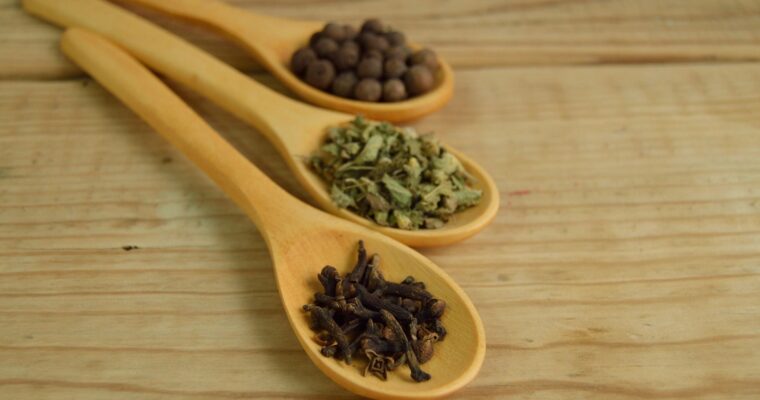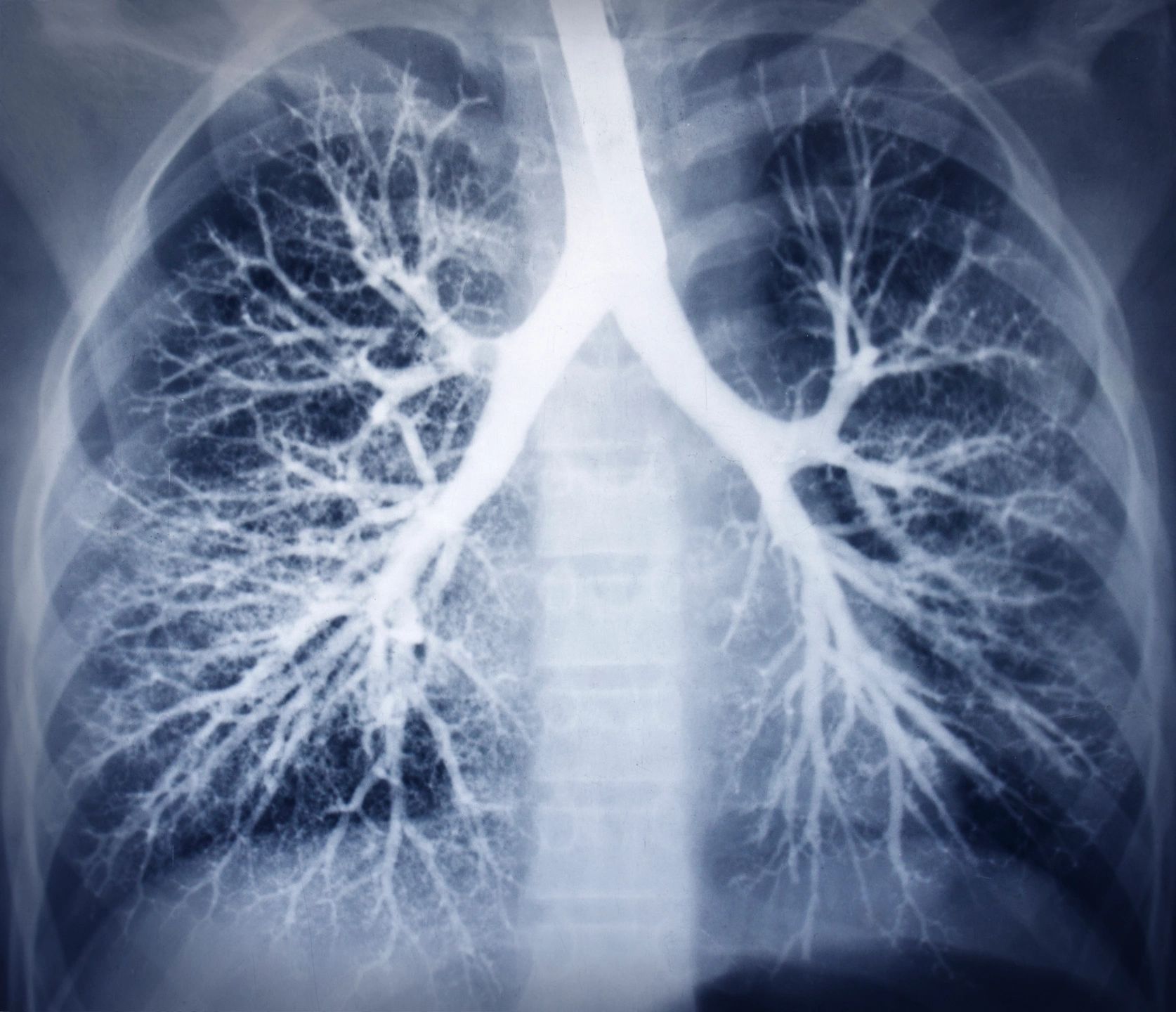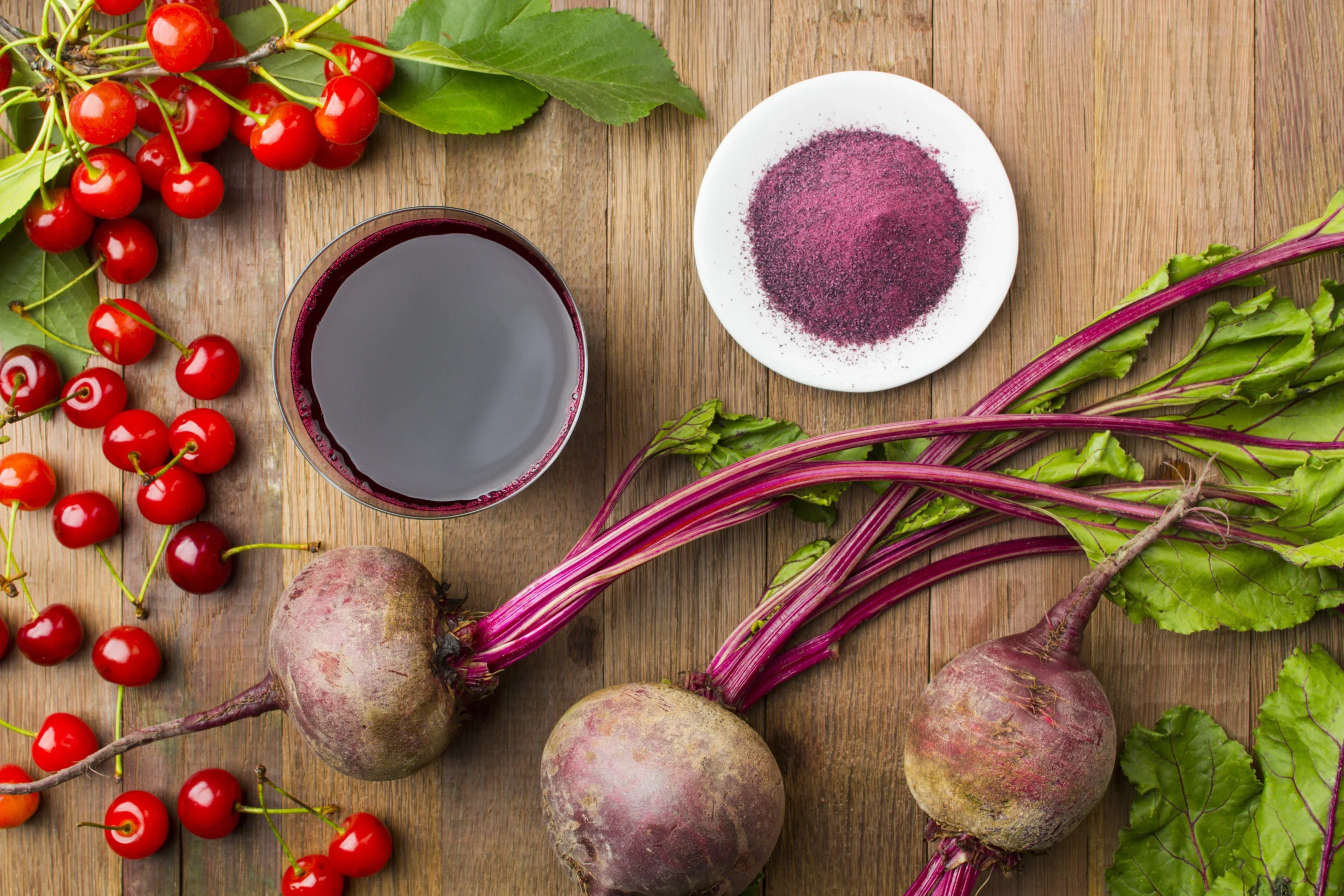RSV- Respiratory Syncytial Virus
Dr. Claire Arcidiacono, ND
I wanted to begin our series on respiratory health by talking about something that has been all over the news lately. And that is RSV. But what exactly is RSV? RSV stands for Respiratory Syncytial Virus. This is a virus that infects the lungs and respiratory tract. While RSV in adults and older children tends to be mild in younger infants and older adults RSV can cause severe infection and complications.
The symptoms of RSV usually resemble cold like symptoms. These can include sneezing, congested or runny nose as well as a cough. There may be a sore throat. There may also be headaches. If there is a fever it will be what is considered to be a low grade fever. In some cases RSV may also cause more severe symptoms. These symptoms can include a higher fever, more severe cough, wheezing, shortness of breath and a blue tinting to the skin. Infants may also experience lethargy, irritability and poor feeding. Infants may indicate trouble breathing when their chest muscles and skin pull inward with each breath. For those who experience more severe symptoms the disease can spread throughout the respirator tract leading to pneumonia and bronchiolitis. I would also like to say that RSV can lower our immune system leading to an increased risk of developing COVID-19. It’s very important to remember that if you or your child has difficulty breathing, a high fever or blue skin it is time so seek immediate medical attention.
I have said numerous times that for many people RSV causes mild symptoms. In more vulnerable individuals there can be more severe symptoms. For children 12 months and younger there is an increased risk of complications. Premature infants are also at a higher risk for more severe disease. Older adults (65+) are also at a risk for more severe disease. Anyone with any type of heart or lung disease are also at an increased risk of complications. For those with compromised immune systems there is a risk of severe symptoms and complications. (1) Pregnant women are also considered to be a high risk group. Children with neuromuscular disorders are considered to be a risk for sever disease. Children of American Indian and Alaska native descent are also at risk for more sever disease. (2)
How do we catch RSV? Well as it says in the name it is a virus and spreads like any other virus. It enters our body via eyes, nose or mouth. It can travel on infected respiratory droplets or in other words if someone coughs or sneezes next to you it can travel on those droplets to get to you. The virus can also survive on hard objects for hours. For example if someone sneezes on a table top and you touch it then you touch your eyes, mouth or nose you can get infected. An infected person is most contagious for the 1st week after getting infected. However an infected person can still be contagious and still spread the virus for up to 4 weeks after the symptoms stop. RSV season tends to be from fall to the end of spring. (1)
What are some of the most common complications of RSV? Severe complications can include bronchiolitis, pneumonia, bronchitis and even respiratory failure. RSV may worse existing conditions such as asthma, congestive heart failure or COPD and there may be hypoxia or even a notable decrease in oxygen levels. RSV can cause dehydration. There is also an increased risk of developing ear infections. In the US every year RSV leads to between 100-300 deaths in children under 5. It also leads to between 6,000-10,000 deaths in adults 65+. (3)
What can we do to help decrease the spread of RSV? The 1st step is to wash our hands and avoid touching our eyes, nose and mouth. Clean frequently touched surfaces. Cover your mouth and nose whenever you sneeze or cough. Be considerate and stay home when you are sick. Lastly avoid close contact with anyone who is sick. (2) What supplements can help to boost our immune system? Well let’s review those, shall we?
- NAC is one of those supplements that have many benefits! Studies have found that NAC is very helpful at reducing/ thinning mucus. Studies have also found that NAC can help fight off both viruses and bacteria. Additionally studies have found that NAC can help to regulate our immune response. (4) All of these benefits are reasons why NAC is one of my favorite things to recommend at this time of year. Please see Invite’s NAC as well as our Detox Hx and Daily Detox Powder!
- Olive Leaf is another supplement that really does more than you could think 1 tiny supplement could do! Now if you read my series on heart health you would have seen me mention olive leaf for the heart. But studies have also found that Olive Leaf is antimicrobial (helps to kill viruses and bad bacteria, basically the “bad guys). Olive Leaf has also been found to help boost our immune system. (5) As someone who comes into contact with so many different people every day whether it be at work or on the subway I always take Olive Leaf. Please see Invite’s Olive Leaf Extract as well as our Renalaid powder!
- Nucleotides have been found to help boost our immune system. (6) This is important during this time of year because it helps our body to naturally fight off the viruses that we come into contact with. Please see Invite’s Nucleotides
- Probiotics are another type of supplement that come up over and over again! Studies have found that probiotics can help to boost our immune system. (7) Please see Invite’s extensive line of probiotics
- But wait what about vitamin C, D or Zinc? Well our product highlight will be the product that contains all 3 of these important nutrients. That is Immunity Hx!
Sources:
- https://www.mayoclinic.org/diseases-conditions/respiratory-syncytial-virus/symptoms-causes/syc-20353098
- https://www.cdc.gov/rsv/high-risk/infants-young-children.html
- https://my.clevelandclinic.org/health/diseases/rsv-respiratory-syncytial-virus
- https://www.ncbi.nlm.nih.gov/pmc/articles/PMC8234027/
- https://www.ncbi.nlm.nih.gov/pmc/articles/PMC4227229/
- https://pubmed.ncbi.nlm.nih.gov/10569229/
- https://www.ncbi.nlm.nih.gov/pmc/articles/PMC9818925/







